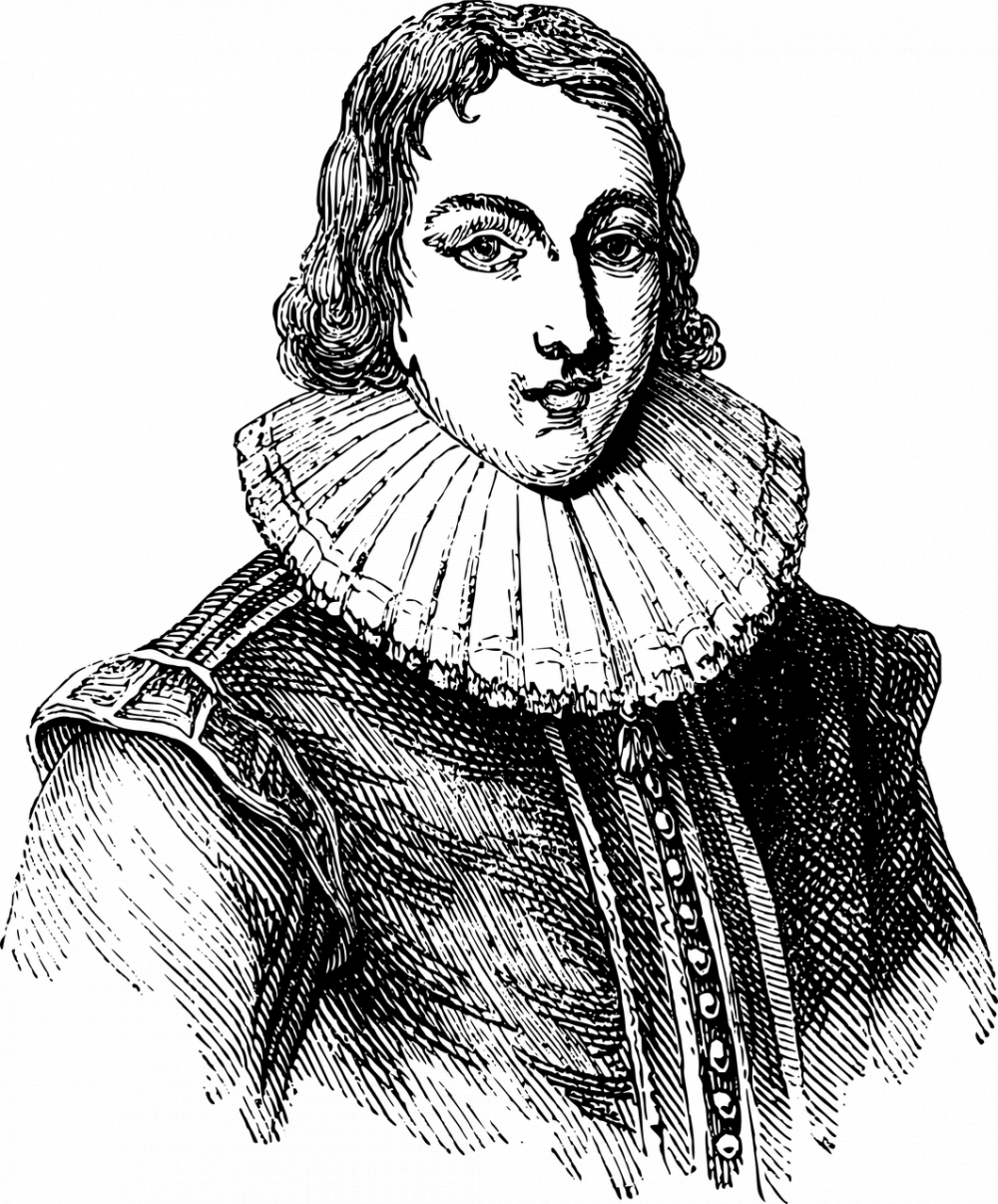Homers Odyssey: A Timeless Epic Journey

Introduction to Homer’s Odyssey:
The “Homer Odyssey,” written by the ancient Greek poet, Homer, is one of the greatest surviving works of literature in history. This epic poem serves as both an exquisite piece of storytelling and a profound exploration of human nature, emotions, and the enduring human spirit. With its themes of heroism, adventure, love, and the struggle for survival, the “Odyssey” captivates the imagination of readers, leaving an indelible mark on the literary landscape.
The Historical Evolution of the Odyssey:

Believed to have been composed in the 8th century BCE, the exact origins of the “Odyssey” remain shrouded in mystery. Passing down through the oral tradition, the poem was eventually transcribed, allowing it to be preserved for future generations. Its widespread popularity can be attributed to its universal themes and timeless insights into the human condition.
Over time, numerous translations and interpretations of the “Odyssey” have emerged, contributing to its continued relevance in contemporary society. The most famous translation is that of Samuel Butler in the late 19th century, which aimed to capture the spirit and essence of the original Greek text. However, recent translations by scholars such as Emily Wilson, Caroline Alexander, and Robert Fagles have brought fresh perspectives and enhanced accessibility to modern readers.
Journeying Through the “Odyssey”:
The “Odyssey” recounts the epic journey of Odysseus, the King of Ithaca, who encounters numerous trials and tribulations during his ten-year journey back home after the Trojan War. One of the distinctive features of this remarkable tale is Homer’s captivating use of language, where vivid imagery and poetic techniques convey the intensity of emotions experienced by the characters.
The story begins with Odysseus’ departure from Troy, navigating through mythical creatures, such as the Cyclops, the seductive and treacherous Sirens, and the six-headed sea monster, Scylla. Each encounter poses unique challenges, highlighting the resourcefulness, intelligence, and resilience of Odysseus.
Throughout his odyssey, Odysseus is separated from his beloved wife, Penelope, and son, Telemachus. Their ardent love and unwavering loyalty serve as beacons of hope amidst the hardships and temptations faced by Odysseus. This emotional depth resonates with readers, examining the enduring nature of love and the power of familial bonds.
Additionally, the “Odyssey” delves into the intricacies of morality, as Odysseus faces moral dilemmas and ethical choices. The interactions with various characters, such as Circe and Calypso, raise questions about loyalty, temptation, and the consequences of one’s actions. These moral quandaries present readers with valuable lessons to ponder, emphasizing the importance of integrity and self-discovery.
The “Odyssey” as a Featured Snippet:
To increase the likelihood of this article appearing as a featured snippet on a Google search, the following structure can be employed:
1. Title:
2. Introduction
3. Historical Evolution of the Odyssey
– Origin and transmission through oral tradition
– Notable translations and interpretations
4. Journeying Through the Odyssey
– Odysseus’ trials and tribulations
– Use of language and poetic devices
– Exploration of love and familial bonds
– Delving into morality and ethical choices
5.
: Insert a video that complements the article’s content
6. Conclusion
In conclusion, the “Homer Odyssey” stands as a testament to the enduring power of storytelling and its ability to transcend time and connect humans across generations. Its exploration of universal themes and challenges faced by individuals on their life journey continues to captivate and resonate with readers today. This epic poem has solidified its place in literary history, serving as a reminder of the strength of the human spirit, the importance of love and loyalty, and the complexities of navigating morality. Whether one is an art enthusiast or a curious soul seeking a profound literary experience, the “Odyssey” is a masterpiece that continues to inspire and enrich our understanding of the human condition.
FAQ
Who wrote the Homer Odyssey?
What is the main theme of the Odyssey?
What can readers learn from the Odyssey?
Flere Nyheder
Fotograf aalborg sådan vælger du den rette til dine vigtigste øjeblikke
Introduction to Homer’s Odyssey: The “Homer Odyssey,” written by the ancient Greek poet, Homer, is one of the greatest surviving works of literature in history. This epic poem serves as both an exquisite piece of storytelling and a ...
01 februar 2026
De mest indflydelsesrige kunstnere i dag og deres bidrag
Introduction to Homer’s Odyssey: The “Homer Odyssey,” written by the ancient Greek poet, Homer, is one of the greatest surviving works of literature in history. This epic poem serves as both an exquisite piece of storytelling and a ...
02 oktober 2025
De mest fascinerende kunstværker skabt med kunstig intelligens
Introduction to Homer’s Odyssey: The “Homer Odyssey,” written by the ancient Greek poet, Homer, is one of the greatest surviving works of literature in history. This epic poem serves as both an exquisite piece of storytelling and a ...
02 oktober 2025











